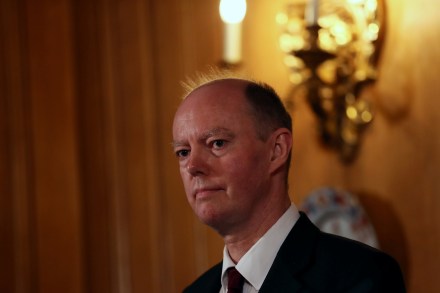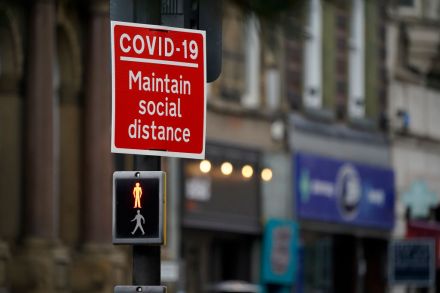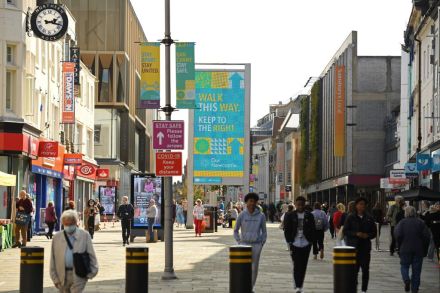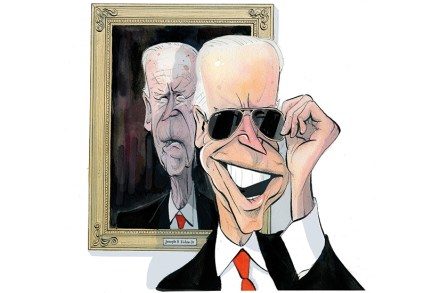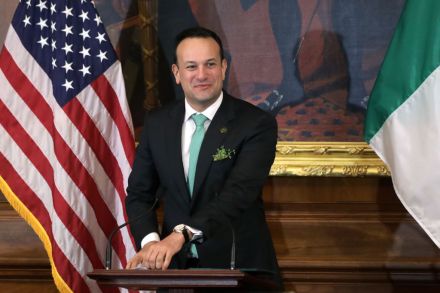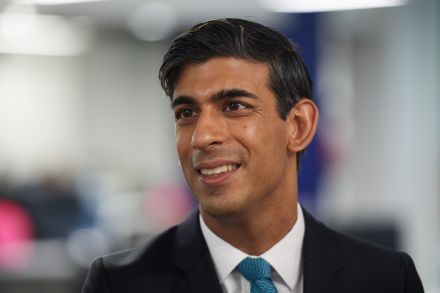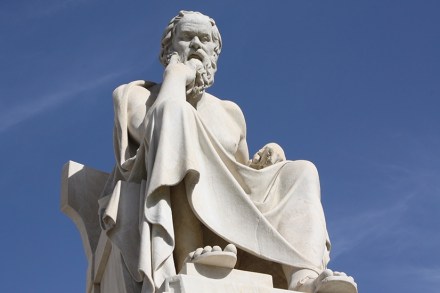Britain’s unemployment crisis is closing in
Unemployment is creeping up. For months it remained stagnant, as the combination of the furlough scheme and people keeping out of the jobs market kept the rate deceptively low. But over the past few months, it has started to increase, with today’s labour market overview from the Office for National Statistics revealing a 4.5 per cent unemployment rate — the highest level in three years. There’s a sliver of hope in today’s data, which shows job vacancies are up Still, at first glance you’d expect the unemployment rate to be much worse. After the largest economic contraction in three hundred years, an increase from 3.9 per cent at the start


